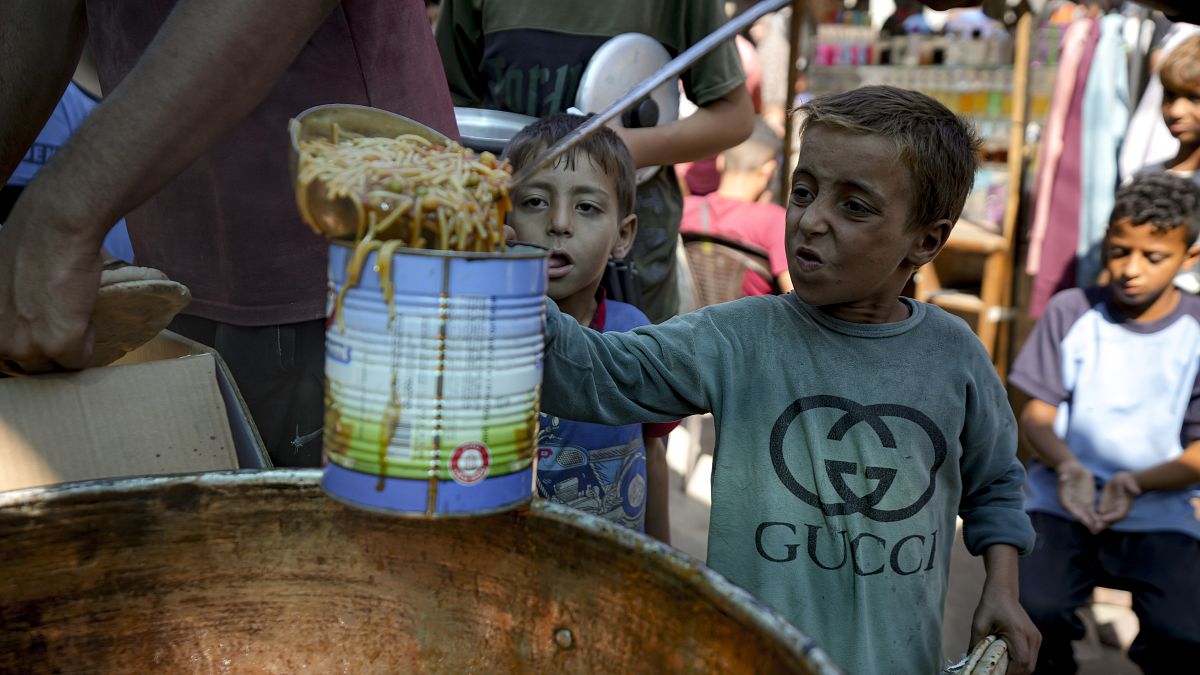Israeli restrictions, military operations, and population displacements have compounded the challenges of delivering humanitarian supplies to the Gaza Strip. The Integrated Food Security Phase Classification (IPC) has warned that the situation could deteriorate rapidly if the current trends continue. The lack of aid in recent weeks, coupled with the arrival of a cold, rainy winter, is exacerbating the already dire living conditions in the overcrowded camps. People are struggling to find food, clean drinking water, and adequate sanitation facilities. The situation is further aggravated by more than 500 aid trucks being blocked at the border and limited access to northern Gaza.
The drop in aid and restricted access to essential supplies have left residents of Gaza in a precarious situation. The living conditions in the overcrowded camps are deteriorating rapidly, with many people lacking basic necessities such as food, water, and sanitation facilities. The arrival of winter has only worsened the situation, making it even more difficult for the already vulnerable population to cope with the harsh conditions. With more than 500 aid trucks stuck at the border and limited access to essential supplies in northern Gaza, the humanitarian crisis in the region is reaching a critical point.
UN officials have reported that aid levels in Gaza are at their lowest in months, exacerbating the already dire situation in the region. The restrictions imposed by Israeli authorities, ongoing military operations, and population displacements have made it increasingly challenging to deliver much-needed humanitarian supplies to the people of Gaza. The lack of food, clean water, and sanitation facilities is putting the lives of thousands of people at risk, with the situation likely to worsen if immediate action is not taken to address the crisis.
The humanitarian crisis in Gaza is a result of a combination of factors, including Israeli restrictions, military operations, and population displacements. The overcrowded camps in the region are struggling to provide basic necessities to their residents, with many people facing food and water shortages. The arrival of winter has only exacerbated the situation, making it even more difficult for people to cope with the cold and wet conditions. With more than 500 aid trucks blocked at the border and limited access to essential supplies in northern Gaza, the situation is becoming increasingly dire for the population in the region.
The drop in aid levels and restricted access to essential supplies have left thousands of people in Gaza without access to basic necessities such as food, water, and sanitation facilities. The overcrowded camps in the region are struggling to cope with the influx of displaced people and the worsening living conditions. The arrival of winter has further heightened the urgency of the situation, with many people at risk of succumbing to the cold and wet conditions. With more than 500 aid trucks stuck at the border and limited access to essential supplies in northern Gaza, urgent action is needed to prevent the humanitarian crisis in the region from escalating further.
In conclusion, the humanitarian situation in Gaza is dire, with Israeli restrictions, military operations, and population displacements making it increasingly difficult to deliver essential supplies to the region. The drop in aid levels, combined with the arrival of winter, has exacerbated the already dire living conditions in the overcrowded camps. With more than 500 aid trucks blocked at the border and limited access to essential supplies in northern Gaza, urgent action is needed to prevent the situation from deteriorating further. The international community must step up its efforts to address the humanitarian crisis in Gaza and ensure that the people of the region have access to the basic necessities they need to survive.











